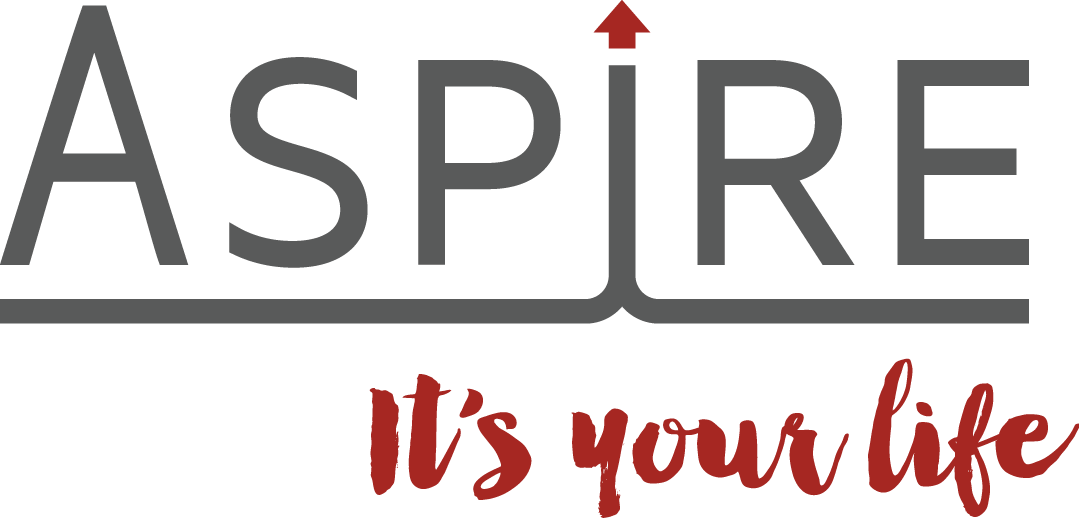2024 - Changes from July 1
From July 1, Australians will experience significant changes in the financial landscape, impacting tax cuts, minimum wage, energy bills, and superannuation contributions.
These adjustments aim to ease cost-of-living pressures and provide financial relief to households and businesses.
In the following article, our adviser Leandro Bonin explores the key updates that you need to know.
Tax Cuts
The Australian Government has made changes to individual income tax rates and thresholds, known as Stage 3 Cuts. So from July 1st:
the 19 per cent tax rate was reduced to 16 per cent
the 32.5 per cent tax rate was reduced to 30 per cent
the 37 per cent tax threshold was increased from $120,000 to $135,000
the 45 per cent tax threshold was increased from $180,000 to $190,000
These changes will provide Australians with an annual cash boost ranging from $350 to $4,500, depending on their income bracket.
This initiative aims to support taxpayers amid rising living costs. The tax cuts offer an opportunity for many to build their savings, reduce debt, or cover daily expenses.
Minimum Wage Increase
The Fair Work Commission has announced a 3.75% increase in the minimum wage, effective July 1.
This change raises the national minimum wage from $23.23 per hour to $24.10 per hour, or from $882.80 per week to $915.91 per week for full-time employees. This wage adjustment is expected to benefit approximately 20.7% of workers who are under modern award rates, providing them with higher earnings and helping them manage the ongoing cost-of-living crisis.
Paid Parental Leave
Paid parental leave will see a notable increase, rising from 100 to 110 days starting July 1. This enhancement will further extend to 120 days in July 2025 and 130 days in July 2026.
This policy change aims to support working parents by providing them with more paid time off to care for their newborns, fostering a better work-life balance and promoting family well-being.
Energy Bill Relief
A key component of the federal government's May budget is the introduction of energy bill relief measures. Ten million households will receive $300 in energy rebates, while one million small businesses will benefit from $325 in rebates.
These credits will be applied in quarterly instalments throughout the financial year, helping to alleviate the financial burden of energy costs.
The government has allocated $3.5 billion to fund this initiative, emphasising its commitment to providing targeted cost-of-living relief.
Superannuation Contributions
From July 1, employer contributions to superannuation will increase from 11% to 11.5%, with a further increase to 12% scheduled for July 2025.
This change is designed to enhance retirement savings for workers, ensuring a more secure financial future.
Additionally, the concessional contribution cap will rise from $27,500 to $30,000, and the non-concessional cap will increase from $110,000 to $120,000. These adjustments provide individuals with greater opportunities to boost their superannuation savings and prepare for retirement.
In summary, the changes coming into effect on July 1 are aimed at providing financial relief and support to Australians in various aspects of their lives. The tax cuts, minimum wage increase, expanded parental leave, energy rebates, and enhanced superannuation contributions collectively address the pressing issue of cost-of-living pressures.
If you wish to chat more about it, please don’t hesitate to reach out to us.


